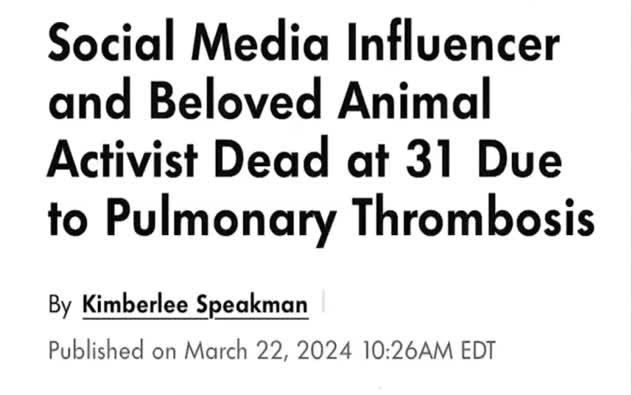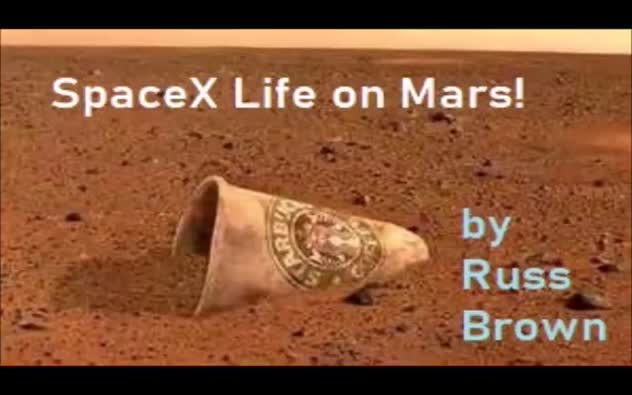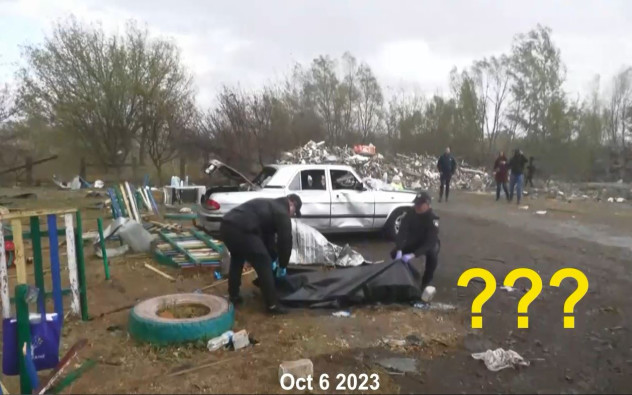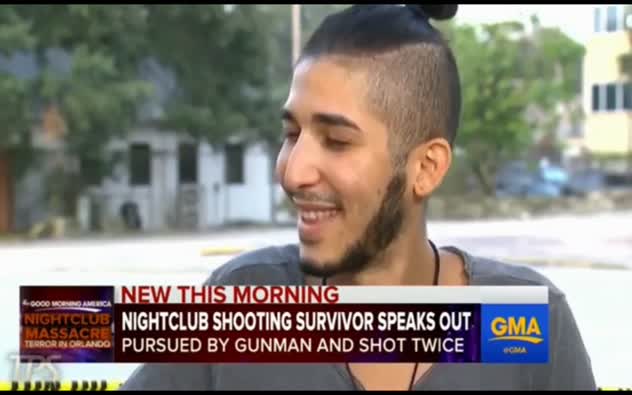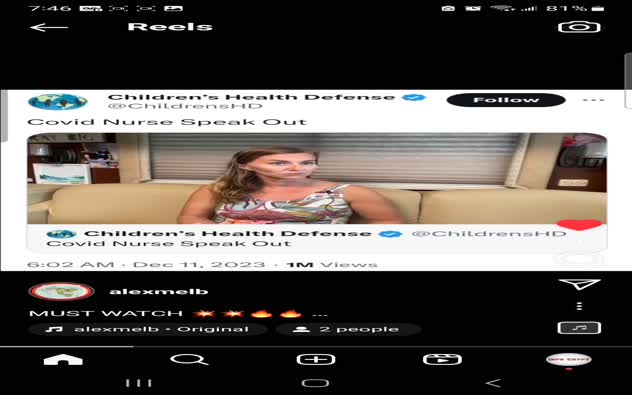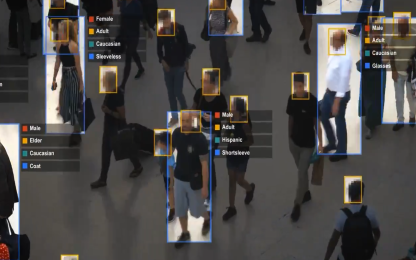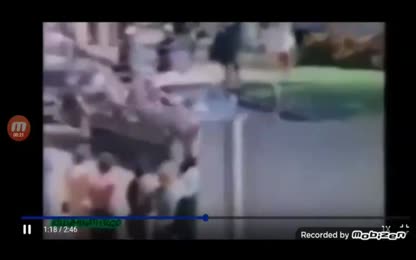Advertisement
The long list of secret societies mentioned by William (Bill) Cooper on his radio show
Milton William Cooper joined the military after high school and served in Vietnam as a Naval patrol boat captain.
In 1972, he was part of the team that briefed the commander of the Navy’s Pacific fleet. It was then that Cooper claimed to have read a trove of secret documents.
Years later, Cooper would use hypnosis to recall the documents in greater detail, he wrote in his book. They showed, according to Cooper, that the government had not only made contact with alien life, but also struck a deal to work with them to turn some portion of earthlings into slave labor. For that plan to work, Cooper said, the public would have to accept a global government.
After he returned to the United States, Cooper, in his book, said he attempted to tell what he knew to a reporter. Around that time, he was riding his motorcycle near Oakland, California, when, in his telling, he collided with a black limousine. As a result, doctors amputated his right leg above the knee.
Cooper wrote in “Behold a Pale Horse” that two men visited him in the hospital and asked if he had learned his lesson. Cooper told them he would be “a good little boy” but silently vowed to himself that he would release his information.
By 1984, Cooper was living in Fullerton, California, working at a small private technical college and was again ready to share what he knew.
He sent a packet of papers to the publisher of a newsletter that focused on the otherworldly. That publisher, Gray Barker, had published UFO books that popularized the idea of "Men in Black," government agents who silenced people who had seen UFOs, as well as sightings of the winged creature known as the Mothman.
Barker published a Cooper essay in 1984 that gave the broad outlines of alien outreach and the military’s effort to hide it from the public.
“I wish to make it absolutely clear that I do not consider myself a hero,” Cooper wrote. He was only doing what he swore to as a member of the military. “I gave an oath…and I take that oath very seriously.”
Cooper started giving lectures on what was then a thriving UFO circuit, said Norio Hayakawa, who helped set up Cooper’s first speaking gigs in the Los Angeles area.
“He brought this whole fresh new viewpoint on UFOs,” Hayakawa said in a phone interview from his New Mexico home. “He connected the UFO phenomenon to the secret government and a plan to create a New World Order.”
Cooper’s lectures were dark, Hayakawa said, compared with the relatively lighter fare of abductions and sightings the UFO community was used to.
By the late 1980s, Cooper had moved to Camp Verde, Arizona, and was traveling the country giving lectures. Wherever he appeared, he set up a merchandise table to sell his writings and recordings of his lectures.
In September 1989, Cooper gave a nearly three-hour lecture in Sedona. And that was before he took questions from the audience.
In the crowd was Melody O’Ryin Swanson, who ran Light Technology Publishing. Swanson said in a phone interview that when she met Cooper, he mentioned the possibility of publishing a book.
Swanson said based on his engaging talk, and “at the time, his sincerity,” she agreed.
“Behold a Pale Horse” was published in 1991.
In the opening pages, Cooper wrote, “The ideas and conclusions expressed in this work are mine alone. It is possible that one or more conclusions may be wrong.” His aim, he wrote, was to provide information so readers begin their own “earnest search for the truth.”
Details of what Cooper claimed to have read in the classified documents, including the secret alien outreach that Cooper asserted started with the Eisenhower administration, were sprinkled throughout the book.
Cooper wrote that he knew the government had dossiers on “patriots” who would likely resist the formation of a totalitarian police state under global command. Cooper said the plan would be to round up all patriots when it would cause as little stir as possible. One of those likely times, he wrote, is Thanksgiving, when people would be home, full of food and drink, and sleepy.
He gave his readers a warning: “My recommendation is that no Patriot should ever be at home or at the home of any family member on any holiday again…” The sentence was written in all capital letters.
Less than half the text in “Pale Horse” are Cooper’s words, with the balance being reproductions of documents, in varying typefaces.
One was an anti-Semitic text called the “Protocols of the Learned Elders of Zion.” The document, a work of fiction, purports to outline a secret plan by Jews to take over the world.
Though, Cooper told readers to mentally edit out the anti-Semitism, saying it was written that way to “deceive people.” He suggested the reader replace “Jews” with “Illuminati” and “goyim” — the term for non-Jews — with “cattle.”
The book’s publisher, Swanson, said she has deleted that chapter in the most recent edition.
Cooper’s book sold slowly at first, Swanson said. But in the years since, it has sold steadily, despite her never putting marketing money behind it. Swanson said she prints a few thousand copies a year to meet demand.
“I have no idea why it’s done so well,” she said.
***
The book first found an audience among UFO aficionados.
An 11-year-old named Jared Yates Sexton read chunks of it sitting in the aisle of a paranormal bookstore in Indiana. It would stick with him years later as he became a professor researching the popularity of President Donald Trump.
Sexton said the book came across as authoritative, at least back then.
“I thought I had found something,” he said.
Years later, while researching his recently released book, “American Rule,” he found the conspiracies espoused by Cooper hit at something deep in the human condition. Such unifying theories, he said, date back to ancient Rome.
Jared Sexton, author of "American Rule"
These conspiracy theories we’re talking about right now are ever present. It’s been part of human civilization for a long time.
“These conspiracy theories we’re talking about right now are ever present,” he said. “It’s been part of human civilization for a long time.”
Around the time he published his own book, Cooper became convinced his UFO theories were wrong. He told his radio listeners he had been duped when he was in the Navy. The documents he had seen were fake, he said, designed to further the myth of aliens and keep the population afraid.
But, Cooper asserted, his theories about shadowy forces bent on world domination were still valid.
The transition came as UFO culture faded in popularity, said Hayakawa, who continued as a UFO researcher.
It also came as the militia movement rose.
Cooper’s theories about a looming oppressive government resonated with that crowd.
Hayakawa said he lost touch with Cooper after he moved to Arizona and renounced his beliefs in aliens. “He became angrier and angrier as the years went by,” Hayakawa said. “I didn’t want to talk to him because he gets mad.”
“Behold a Pale Horse” became popular in New York prisons like Attica and Sing Sing, especially among Black inmates, said Mark Jacobson, who wrote a biography of Cooper called “Pale Horse Rider.”
Jacobson said he couldn’t find a practical explanation of why the book became so popular in New York prisons. His search for that first inmate who read it proved futile.
But he said he found a philosophical reason for its popularity. Prisoners already think the system has lined up against them, Jacobson said in a phone interview. “Someone comes along like Bill Cooper, he’s speaking your language,” he said.
The book was also sold from tables set up on sidewalks in Harlem, Jacobson said. And rap artists mentioned Cooper and the book in songs, Jacobson said, keeping curiosity alive.
Jacobson said he was walking in his Brooklyn neighborhood in the early 1990s when he saw one of his neighbors, Ol’ Dirty Bastard of the Wu Tang Clan, sitting on his stoop reading “Behold a Pale Horse.”
Jacobson, in his book, quotes Ol’ Dirty Bastard explaining why “Behold a Pale Horse” was important to him. Everybody gets screwed, the rapper said, but Cooper tells you who is doing the screwing. That was, ODB said, “valuable information.”
Cooper also found an audience through broadcasts over shortwave radio.
When he moved to Eagar, Arizona, he lived in a house on a hill. During the day, he broadcast oldies on a low-power FM station. Most evenings, he moved to shortwave radio and broadcast his “Hour of the Time” show.
- Category: Uncategorized
- Duration: 28:02
- Date: 2022-12-22 21:53:32
- Tags: no-tag
3 Comments
Please login to comment
Tennessee Vaccine Food Bill
1224 Views
Government Cheese
1094 Views
Mask Wearing Pandemic on $20 Dollar Bill
1217 Views
